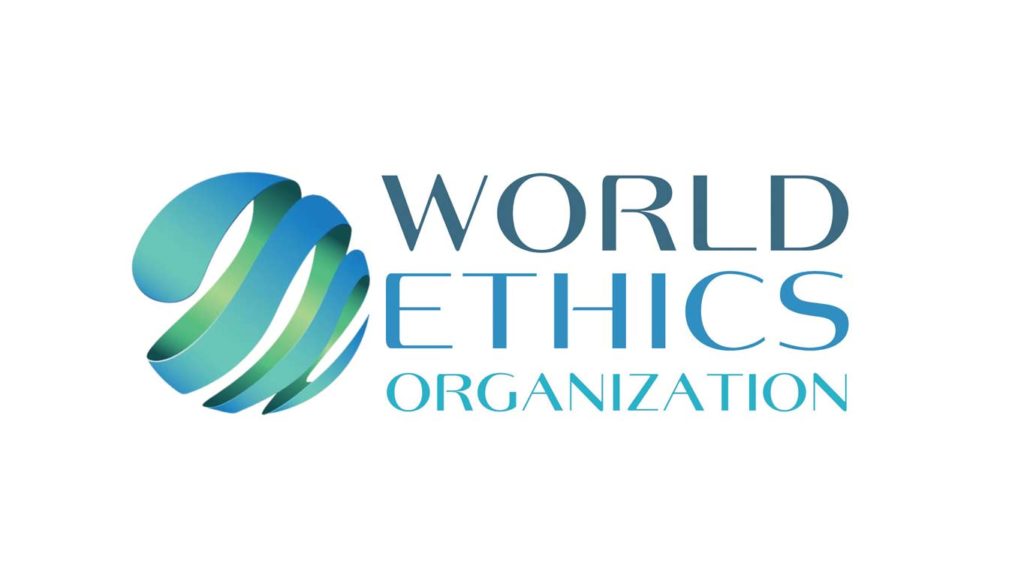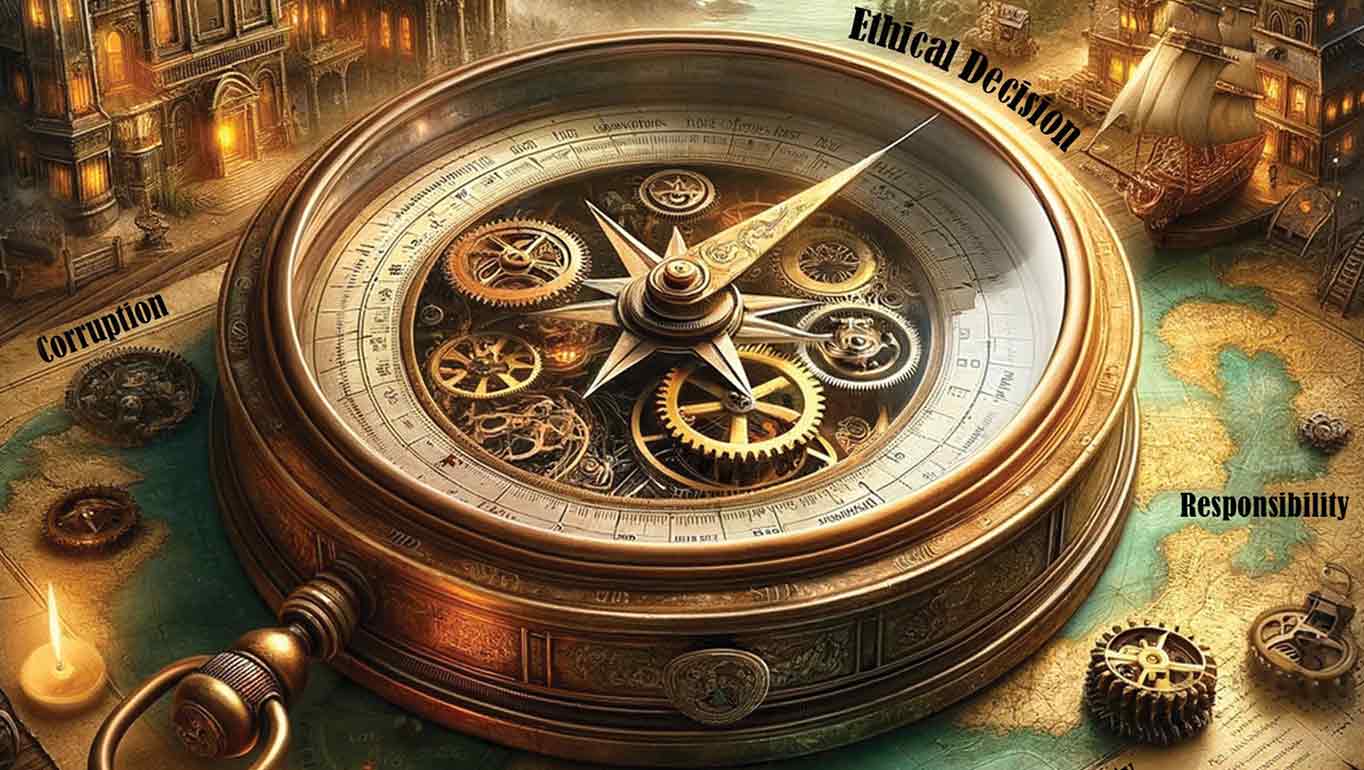What are ethics besides their theoretical definition? Why do people generally talk a lot about ethics, but when it comes to applying them, there are plenty of examples where X should have been done but Y was actually applied. How do you integrate ethics in circumstances with corporate interests? We spoke with the institution that represents not only the theory, but also the practice of this critically important word.
What is the reason for the organization’s existence and mission?
The World Ethics Organization’s (WEO) founders agreed that humanity is facing rapidly growing ethical challenges on a global scale – from AI to COVID-19, climate change, the family and more. Yet there is no unified worldwide movement in support of ethics education and discourse. Ethics are notably absent from the conversations taking place at home, at work and in the public domain. The WEO is creating an Ecosystem-for-Ethics where individuals, organizations and communities come together to integrate ethics explicitly into their day-to-day narratives, decisions, and sphere of influence.
Your organization defines ethics as a superpower. What does this mean?
A superpower is a highly developed innovation that fosters human flourishing. Imagine making decisions with extraordinary confidence that you will generate the greatest good for yourself, and for others. Superheroes save the day by stepping in and putting things right. This is what ethics enables us to do. Ethics provide the framework within which we can have more certainty of when we’re doing the ‘right thing’.
Is it correct to assume that human behavior is permanently changing and therefore ethics must adapt, or should it be the other way around?
The application of ethics changes as behavioral norms change, and ethical principles also evolve. Ethics are inherently adaptable, while at the same time forming the solid foundation on which social evolution takes place. As a computer’s operating system sets the standards to which diverse software programs comply, so too are ethics a standard set of codes applicable across social contexts.
The root of the word ethics is ethos, which in ancient Greek designates ‘character’, or in the plural, ‘customs’. The choices and decisions we make using ethics ultimately define our character, and inform our diverse customs.

Theoretical lessons on professional ethics sometimes differ from what actually happens at work. Why do organizations and their leaders generally say one thing but do another?
Francis Bacon, the founder of the scientific method, believed that the pursuit of knowledge was blocked by conventional ways of thinking and weaknesses in human nature and perception, which he attributed to “the idols and false notions which are now in possession of the human understanding.”
People naturally tend to take the path of least resistance, with the least expenditure of energy, often at the expense of others. Professionals who have false notions about the value ethics contribute to the bottom line, pay lip service to ethics. To mitigate this problem, leaders must prioritize ethics over profit and power, in their daily narratives and decision-making process. Otherwise, prevailing false notions will dominate. The Change Agent program, provided by the WEO, teaches professionals the underlying dynamics that cause hypocrisy and the ethics required for its prevention.
What actions would the organization recommend to start instilling ethics in the younger generation?
Education is only half the equation – leadership is the other half. It’s essential to introduce ethics into the core curriculum of secondary schools, undergraduate programs, and when organizations onboard new employees, and use apps or experiences that speak the language of Gen Z. We cannot expect the world’s youth to act ethically if they often see public figures and famous role models do the opposite. Leaders and teachers who guide and educate the younger generation must give voice to ethics explicitly and act accordingly at all times.
Today, who would be a good example for young generations to follow in terms of good ethical behavior?
It takes courage to be ethical in an unethical world. The first two people who come to mind are economics professors Dr. Glenn Loury and Dr. Thomas Sowell. Lex Fridman frequently references ethics during his widely followed podcasts. Assita Kanko, a Belgian member of the European Parliament, is another courageous role model of ethical leadership.
In your opinion, what would be a current discussion on ethics that should be held at the United Nations?
One of the most pressing global issues in ethics is the potential impact of Artificial Intelligence (AI), the magnitude of which is not well understood. International agreements by the world’s nations and citizens is the best way to ensure that AI remains a positive force in the service of humanity. The United Nations is perhaps the only body with the influence, reach, and resources to achieve this.
NOTE: Written with inputs from Alisa Lockwood.



